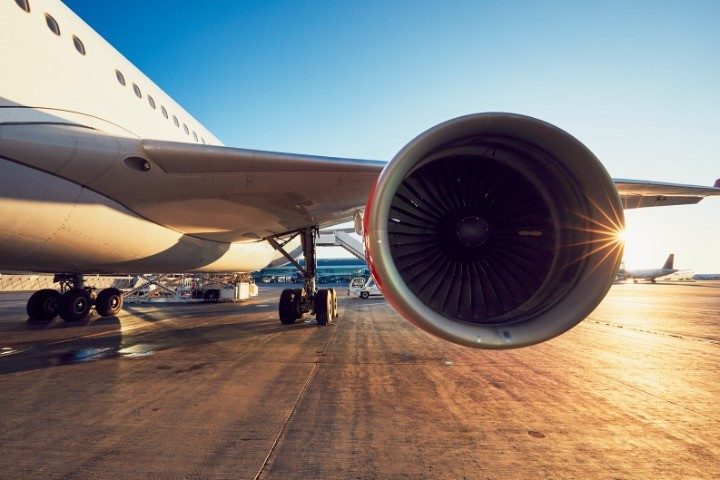
China, with its population of 1.4 billion and cheap labor base, has become one of the most coveted prizes among the global economic community, with corporations and entire industries seemingly willing to do whatever it takes to break into the Chinese market. But does this trend come with long-term consequences for the thus-far cold military rivalry between East and West?
In a notable example of a prominent Western firm developing close ties with Beijing’s communist regime in order to score access to the Chinese market, Airbus — the European multinational plane-maker — has struck advanced technology sharing and manufacturing agreements with entities tied to China’s military complex.
According to a new report by the U.S.-based consultancy Horizon Advisory, and as reported by Politico, Airbus not only selected the Chinese city of Tianjin as the site for its only non-European assembly line for A330s, but even chose a member of the Communist Party to be its local CEO.
Horizon Advisory warned that Airbus’ relationship with China may “carry outsize risk.”
“Airbus-China engagement entails significant ties to China’s military and military-civil fusion apparatus, including in the form of supply dependencies, technology sharing, and research and development cooperation,” the report notes.
The political realities of the Chinese regime make doing business in China nearly inseparable from doing business with the Communist Party itself. The Chinese aviation sector was an outgrowth of the People’s Liberation Army Air Force and has never been completely severed from the military sector.
In fact, President Xi Jinping has openly advocated for “civil-military” fusion and advanced laws that would oblige companies in various fields, particularly ones in strategic industries, to work with the Chinese military and intelligence officials.
Politico, which was given an advance look at the Horizon Advisory report, noted the deeply intertwined relationship between Airbus and the Chinese state that is necessary for the European firm to do business there:
According to the report, Airbus “operationalizes its presence in China through a set of at least 10 legal entities, five of which are joint ventures with Chinese state-owned, military-tied players.”
At the core of this is AVIC, or Aviation Industry Corporation of China. Airbus holds a 5 percent share of AviChina, the Hong Kong-listed arm of AVIC, as a strategic investor. It continues to hold stakes in the company even though seven other AVIC subsidiaries were designated as “military end users” in 2020 by the U.S. Commerce Department under Trump’s administration, which called on exporters to step up screening. The EU has no similar regulations against AVIC or its subordinate companies.
China’s growth in power and influence is largely driven by the West’s eagerness to benefit from both the communist country’s cheap labor supply and its ample consumer base — all the while ignoring that it is empowering a regime that seeks the subjugation of Europe and the United States.
As China comes to possess more Western technology and knowledge, it is also positioning itself to corner the market on resources that are essential in this advanced technological age.
For example, Beijing has given repeated indications that it plans to invade Taiwan. The global community, including the United States, is heavily reliant on Taiwan for its crucial semiconductor manufacturing sector. If Communist China were to take over the small nation, it would gain leverage over America and its allies.
Semiconductors are small materials, usually made from silicon, that conduct electricity in a wide array of products, from computers to smartphones to automobiles.
Presently, Taiwan, officially the Republic of China, is responsible for the vast majority of semiconductor production globally, accounting for 63 percent of output. By comparison, the United States made up just 12 percent of semiconductor production in 2019, while China supplied 16 percent.
Meanwhile, the threat of war intensifies. As The New American recently reported, China has now fully militarized at least three of several islands in the disputed South China Sea.
Beijing contends that its moves are merely defensive measures to protect its sovereign rights. The regime has increased its military spending over the years and now has the second-largest military budget in the world, after the United States. This comes as China has sought to modernize its forces with weapons systems like the J-20 stealth fighter, hypersonic missiles, and two aircraft carriers.
Ironically, it’s American money that has allowed what was once a poor communist country to catch up militarily with what was once considered the most powerful nation on earth.




